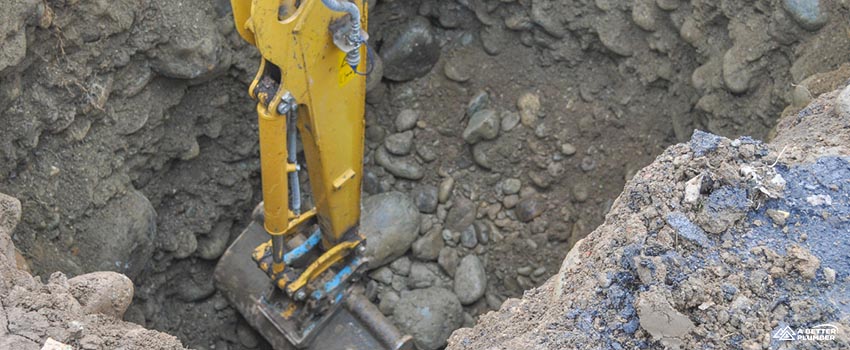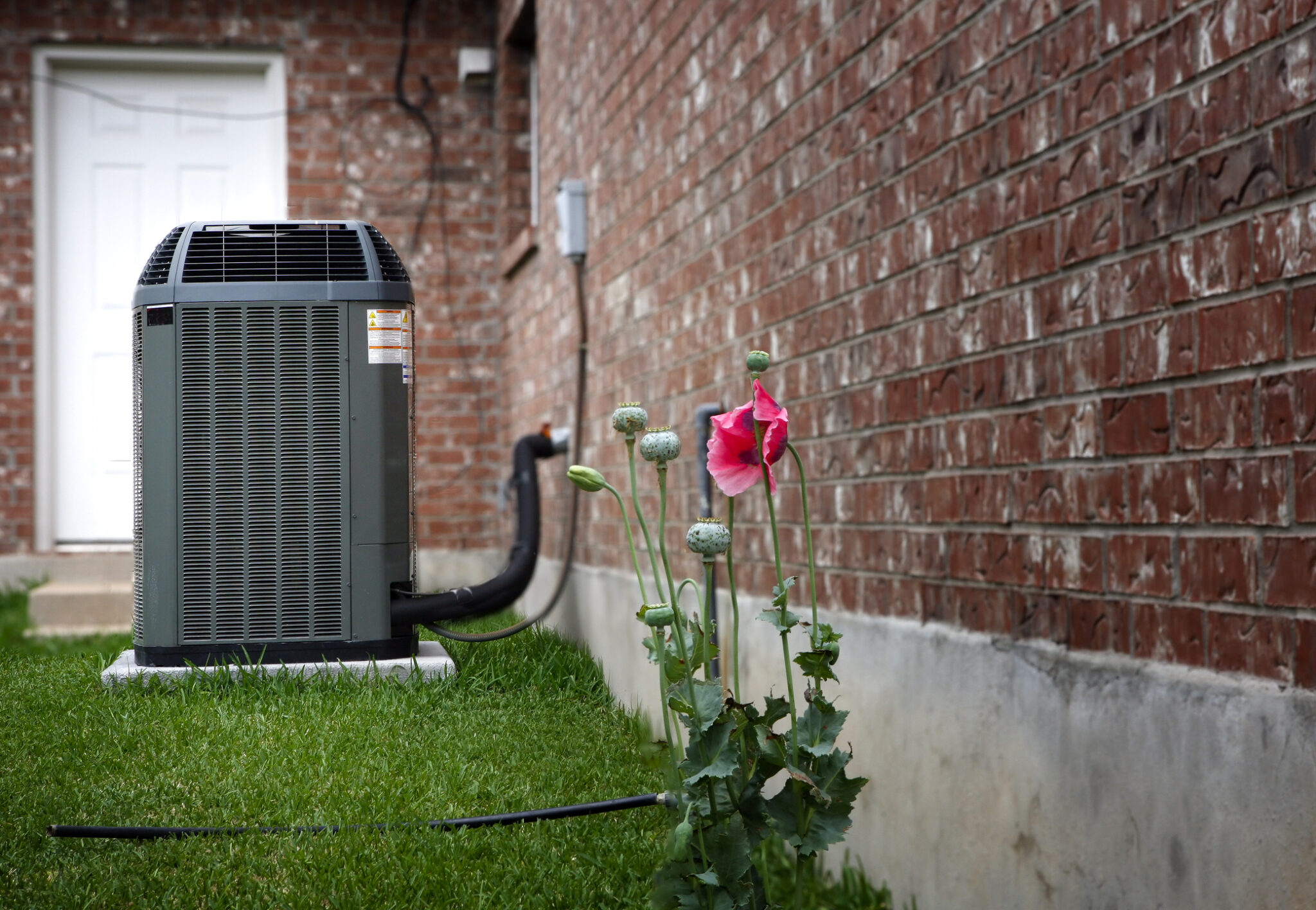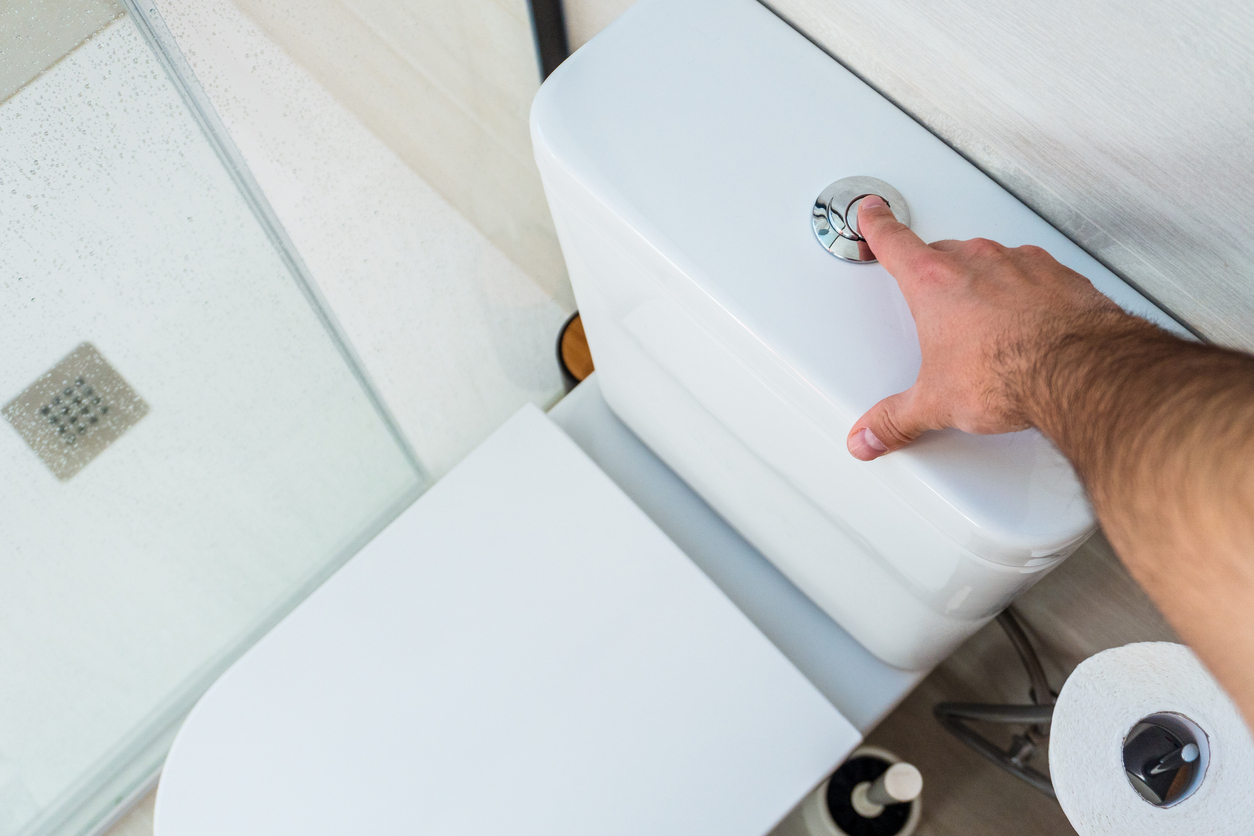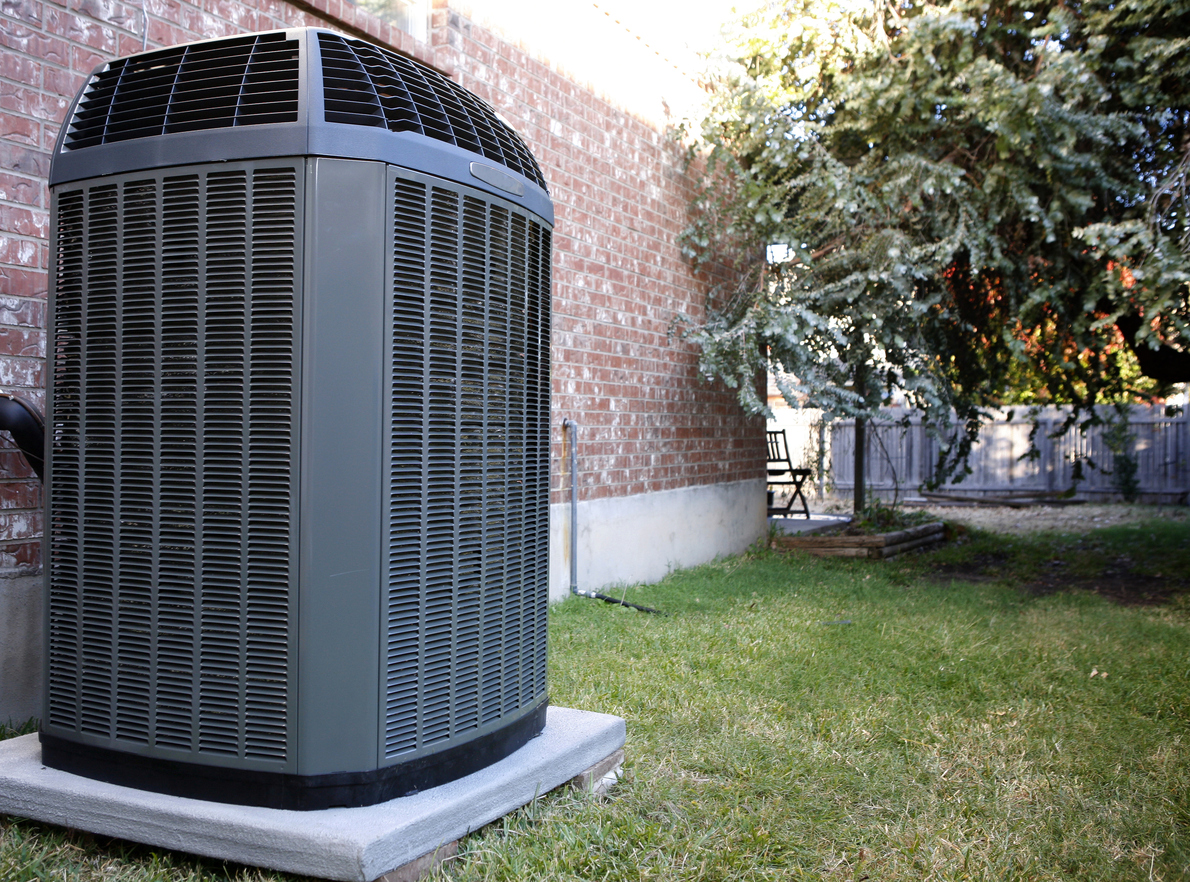The Dangers of a Plumbing Excavation
Plumbing excavation refers to the process of removing soil or rock from a given site. This creates an area where pipes can be installed or removed. Excavating creates dangerous holes or cavities; thus, there are many hazards associated with it.
While a plumbing excavation effectively resolves underground pipe problems, this is often considered a last resort. It is because excavation will involve digging up the land, resulting in a ruined landscape, a situation that does not always sit well with many homeowners.
Trench and Excavation
Trenching and excavation are two of the most dangerous plumbing activities, although they may appear to sound the same. The Occupational Safety and Health Administration (OSHA) defines an excavation as any man-made cut, trench, cavity, or depression on the surface of the Earth. A trench, meanwhile, is a narrow excavation that extends just below the surface of the ground. Its depth is generally greater than its width, but the latter should not be wider than 15 feet.
The difference between trenches and excavations is easy to remember: all trenches are considered excavations, but not all can be referred to as trenches. Also, trenches are usually narrower than excavations, with their width usually limited to 15 feet or less.
Signs That a Plumbing Excavation Is Needed
When a professional plumber examines your pipes, he will usually recommend an excavation based on the following signs:
1. Sewer Smells
If you smell sewage near your sinks and other drains, it’s a sign that your plumbing line, especially the pipe, has been damaged. A plumber may need to repair or replace them if the pipe is buried deep beneath your home. Excavation is the only way to complete the task.
2. Clogged Sewer Line
If your indoor plumbing pipes become blocked, fixing them should be easy, but when multiple plumbing systems like your sewer line end up with clogs, it means that the problem stems from the main plumbing network. If the problem persists after several repairs, the main line might need to be accessed through excavation.
3. Sinkhole Signs
As the soil deteriorates, it may dissipate, causing the landscape, vegetation, and some parts of your property to sag or turn into a sinkhole. If you notice an indentation or a sinkhole developing around your home, the plumbing lines beneath may have a leak. To stop it, a plumber may need to do an excavation.
4. Slow-Moving Drains
Drains that are blocked can cause water to slow down when moving to sinks, toilets, and other fixtures. Although the problem can be fixed from the surface, this could fail if the obstruction is too large. Accessing the pipe directly through excavation plumbing will have to be considered in this case.
5. Unusually Green Grass
Some areas of your lawn may have greener grass than others, and it may be due to leaks in the underground pipes. While the water leaks will fertilize the soil and grass, these can cause piping problems that will require the services of a plumber.
What Are Some Dangers of Excavations
Excavating is the most dangerous type of plumbing work as this is prone to accidents, some of which can be fatal. Often, there is almost always no warning sign that something untoward is going to happen, as in the following:
1. Cave-Ins
According to the Bureau of Labor Statistics, trench collapse or cave-in was the leading cause of fatal occupational injuries in the confined spaces category of channels, ditches, trenches, and excavations between 2011-2018. With this, several preventive measures must be taken to ensure cave-ins are avoided in excavations. These include the proper benching of trench walls, using shore walls to brace the trench, and using trench boxes to protect plumbers.
2. Falls
Falling into trenches or excavations can pose a safety risk for plumbers and equipment. Excavated dirt and soil, as well as heavy plumbing equipment, are loads that can fall and crush plumbers. Adequate training in excavation safety is essential to ensure that plumbers are aware of the dangers and easily recognize if they are in unsafe situations.
3. Fumes Inhalation
Excavated areas often have low oxygen levels. The atmosphere of a tunneled area can also be filled with harmful gases and chemicals. These situations could pose a danger to the excavation plumber.
Atmospheric testing must be performed on excavations that are deeper than 4 feet. Plumbers should wear appropriate respiratory protective gear to minimize the dangers of the excavation’s hazardous atmosphere.
4. Extreme Weather
Heavy rains or downpours can flood an excavation site and loosen the surrounding soil. Water accumulation is also possible, so precautions should be taken to protect plumbers adequately. These could include establishing a particular support or shield system to prevent cave-ins and installing a water removal method to reduce accumulation.
5. Excavation Equipment
Another danger with plumbing excavation is the possibility of an accident involving plumbing equipment like heavy-duty sewage pumps. This could be dropped accidentally while being handled and injure the plumbers.
6. Soil Condition
Sometimes, excavation problems can develop from the soil around the piping system. It can be in the form of soil movement that can cause erosion and, ultimately, cave-ins.
7. Utility Lines
Plumbing excavation hazards can also include natural gas leaks and electrocution when the work accidentally hits power lines. Before any excavation can begin, it’s best to coordinate with the local utility companies to avoid infrastructure damage and worker injury. This is a legal requirement in many states, and non-compliance will involve penalties.
Key Takeaway
Some plumbing problems are best resolved through excavation, even if this option has its share of risks. Cave-ins and falls can happen, and the possibility of these becomes higher when excavation is done during rainy weather.
Other than that, there are dangers within the excavation site itself. It is especially true in underground areas filled with toxic gases. Plumbers could inhale these harmful chemicals, making them vulnerable to contracting serious diseases. For these reasons, plumbing excavation services are often considered only as a final option, with plumbers advised to wear protective gear while doing their work.
Absolute Electrical Heating and Air is your only choice for safe and efficient plumbing excavation work.
Excavation is hardly a welcome option for homeowners having plumbing problems. It is understandable because there’s a good chance that the affected property will be seriously, if not completely, ruined. With Absolute Electrical Heating and Air, you are assured that this will not happen.
Reach out to us, and our Denver plumbing professionals will share our safe and well-organized excavation plans with you. We assure you of secure and efficient excavation work. For other plumbing-related concerns, you can call us anytime.
CONTACT US
Request Service


Save Every Year with an Absolute Advantage Membership
Expert Annual System Safety Inspections & More
- Priority service
- Waived dispatch fees
- Yearly furnace, A/C, & electrical system inspections
- 10% discount on repairs and additional diagnostic services
- Up to $500 off HVAC & electrical panel replacements








